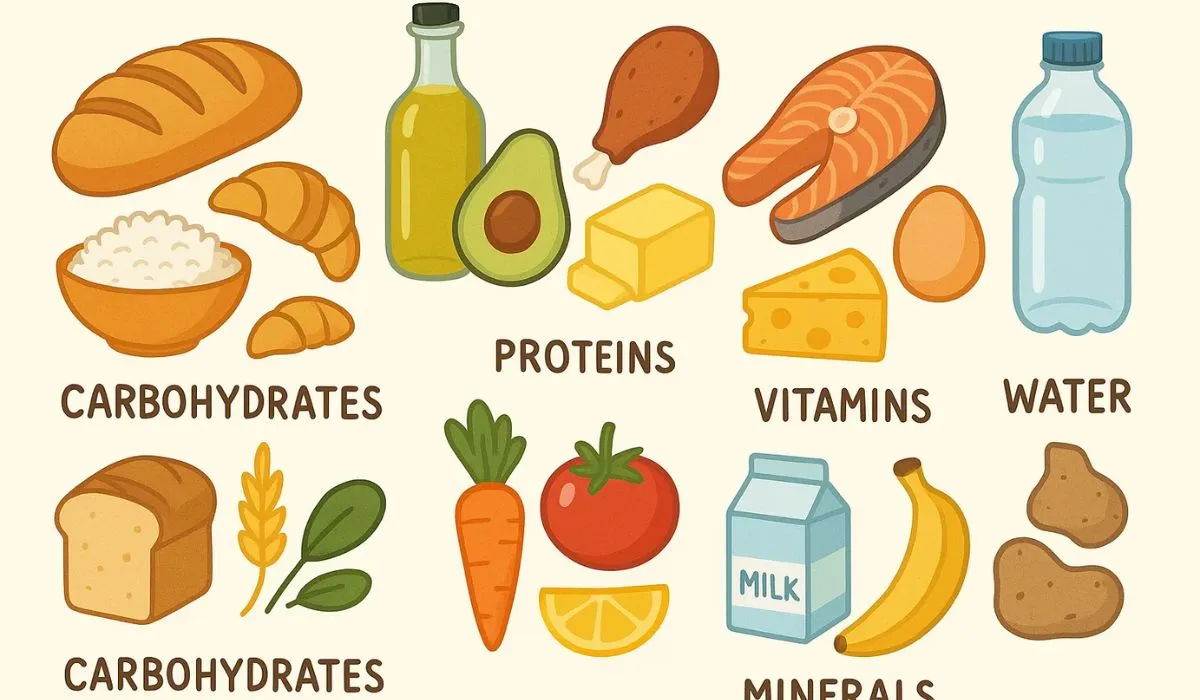In the speedy and cutthroat world we live in, it's not difficult to fall into the snare of self-analysis and hairsplitting. We frequently set elevated requirements for us and beat ourselves up when we don't meet them. In any case, developing self-empathy can be a distinct advantage.
It is a characteristic, instructive, and inspirational methodology that enables us to embrace our flaws and encourage a more profound identity love and understanding. In this article, we will investigate the groundbreaking act of self-sympathy and how it can prompt more prominent self-awareness, flexibility, and generally speaking prosperity.
What is Self-Compassion? (And Its Importance)

Self-sympathy is the act of being kind and understanding towards yourself when you commit errors, feel lacking, or experience disappointment. It includes stretching out to yourself a similar benevolence and effortlessness you would offer others.
Dr. Kristin Neff, who pioneered the study of self-compassion, identified the three elements of self-compassion:
1: Self-Kindness. This involves stuff concerned and caring for your discomfort and distress. It’s stuff there for yourself when you find life difficult.
2: Common Humanity. This ways that you recognize that facing challenges in life is an wits that all humans share, so you don’t finger vacated in your struggles.
3: Mindfulness. To be mindful is to unclose your pain without overidentifying your negative thoughts and feelings. It takes a well-turned tideway that allows you to have the perspective to practice compassion for yourself.
Self-compassion is important in today’s society considering it can help you strike a wastefulness between striving for excellence and unsuspicious your limitations. This way, you can vellicate when from setbacks, learn from your failures, and still have a positive outlook in life plane in the squatter of challenges.
Understanding the Concept of Imperfection

Perfectionism can leave us constantly stressed, burnt out, and unhappy with our lives. Moreover, unrealistic expectations can lead to low self-esteem and negative self-talk.
Imperfections are qualities or characteristics of something or someone that deviate from a perfect or platonic standard. It might refer to physical imperfections, such as scars or blemishes. Or plane wonk imperfections, such as grades that are less than perfect.
Before we can practice self-compassion, we need to recognize that flaws are a part of life. When we recognize that humans are imperfect, then we can squint at our shortcomings and stave falling into feelings of self-loathing. It allows us to understand that it’s normal to make mistakes or winnow that some things are out of our control.
The Motivating Power of Self-Compassion
:max_bytes(150000):strip_icc()/GettyImages-6140325482-5a0a05c69e9427003776b0e3.jpg)
Self-compassion is a powerful motivator because it allows us to learn from our mistakes and failures rather than being paralyzed by them. When we are kind to ourselves, we build resilience, which empowers us to bounce back from setbacks and challenges with renewed determination. Instead of giving up, we become more inclined to persevere and grow.
Furthermore, self-compassion liberates us from the burden of seeking external validation. We learn to validate ourselves, finding fulfilment and contentment from within. This inner strength becomes the foundation for pursuing our goals authentically and fearlessly.
Incorporating self-compassion into our lives is a natural, educational, and motivational process. It encourages us to treat ourselves with kindness, understand our shared humanity, and stay present without judgment. As we cultivate self-compassion, we embrace our imperfections, learn from our experiences, and become more resilient individuals.
Remember, self-compassion is not about being self-indulgent or complacent. It is about acknowledging our humanness and responding with love and understanding. By fostering self-compassion, we unlock the potential for authentic personal growth, leading to a more fulfilling and empowered life. So, let us embark on this journey of self-compassion, where we embrace our imperfections and nurture a deep sense of love and care for ourselves.
Frequently Asked Questions!
Why is it good to embrace imperfection?
Embracing your flaws permits you to legitimately live. Inventiveness and Advancement: Slip-ups and flaws lead to development and development. Without them, progress would deteriorate. Association: Sharing our blemishes interfaces us to other people.
Should I embrace my flaws?
Being a seriously tolerating individual will fortify your associations with family, companions, and partners. Tolerating that defect and missteps are a typical piece of life implies that you become significantly less self image driven, and critical. You could try and turn into a good example for other people!
Why is imperfection better than perfection?
We sit around idly making progress toward flawlessness that we neglect what's really significant. We fail to remember that inventiveness and achievement come from embracing defect. Defect is where the wizardry occurs. It's where we track down our special voice, our own style, and our own particular manner of getting things done.
Is it okay to have imperfections?
Perceiving and tolerating our blemishes permits us to be kinder to ourselves, developing a solid mental self view and a more grounded identity worth. When you comprehend self-sympathy, you can see the value in empathy for others all the more rapidly and completely.







